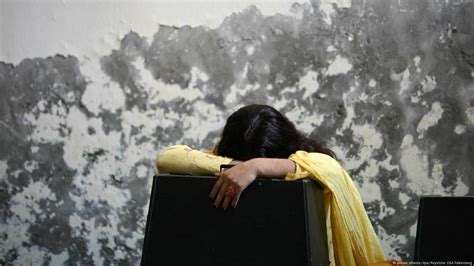In Islamabad, the numbers do not lie—they accuse.
Between January and June 2025, 373 cases of violence against women were reported in the federal capital. Not a single one resulted in a conviction. Not for rape. Not for kidnapping. Not for physical abuse. Not for harassment, cybercrime, or even honour killings. In a city that houses the country’s power, the justice system has failed its most basic test: to protect and to punish.
The data, obtained by the Sustainable Social Development Organisation (SSDO) through the Right to Information law from the Police Department, is not an abstract spreadsheet. It is a ledger of betrayal. Out of the total cases, 309—around 83 per cent—fall under the combined category of rape and kidnapping. Yet there was not a single conviction. Forty-two cases of physical abuse, 17 of harassment, three of cybercrime, and two of honour killings met the same fate: no perpetrator was held legally accountable.
This is not the silence of unreported crime. This is the silence that comes after women speak—and are still not heard.
When survivors overcome fear, stigma, family pressure, and threats to file a case, they are told to trust the law. But the six-month record from Islamabad exposes a brutal truth: the justice chain collapses almost as soon as it begins. Cases are withdrawn before conclusion, investigations are weak, files are mishandled, and trials drag on long enough to exhaust courage and hope. The result is a justice system that processes paperwork but not pain.
SSDO’s findings reveal deep systemic failures at every stage. Evidence collection is inconsistent and often compromised. Delayed or improper medical examinations and poor forensic procedures weaken cases before they reach court. Survivors remain exposed to intimidation and coercion, often pushed into “settlements” masked as family honour. Court processes are slow and emotionally punishing, with repeated adjournments that serve perpetrators more than the pursuit of truth.
This is not a technical error. It is institutionalised impunity.
Syed Kausar Abbas, Executive Director of SSDO, has rightly called the situation alarming. When hundreds of cases can be reported in the capital without producing a single conviction, it sends a devastating signal to survivors: your courage changes nothing. It sends an equally dangerous message to perpetrators: your violence carries no consequence.
Such a record does more than deny justice to individual women; it corrodes public faith in the rule of law. A system that consistently fails to punish violence against women is not neutral—it is complicit. Every collapsed case, every withdrawn complaint, every delayed file reinforces the belief that power and patriarchy stand above accountability.
This moment demands more than ritual condemnation. SSDO’s call for urgent reform must be treated as an obligation on state institutions, not a polite suggestion.
First, investigations must be strengthened through mandatory, survivor-centred protocols. Police officers handling cases of rape, kidnapping, physical assault, harassment, and cyber violence must be trained, monitored, and held accountable when negligence or bias compromises a case. Mishandling evidence should itself invite disciplinary and legal action.
Second, trials concerning violence against women must be expedited. Fast-track mechanisms, clear timelines, and designated courts or benches can prevent justice from being quietly buried under endless delays. A slow system is not a cautious system; it protects the accused at the expense of the abused.
Third, survivors must be shielded, not abandoned. From the moment an FIR is lodged, they should have access to protection, legal aid, counselling, and safe reporting channels so they are not forced to withdraw due to fear, economic dependence, or social pressure.
Finally, institutional accountability is non-negotiable. There must be transparent audits of why cases fail, who is responsible, and what corrective measures follow. Data on convictions, acquittals, withdrawals, and delays should be regularly published—not to expose victims, but to expose negligence.
Islamabad’s record from January to June 2025 is a warning. Women are doing their part by coming forward. Civil society is doing its part by uncovering the truth. The burden now lies squarely on the police, prosecution, and judiciary.
Suppose they do not urgently act together to close this justice gap. In that case, they are not merely failing survivors—they are endorsing a system in which violence against women is reported, recorded, and then quietly forgiven.
